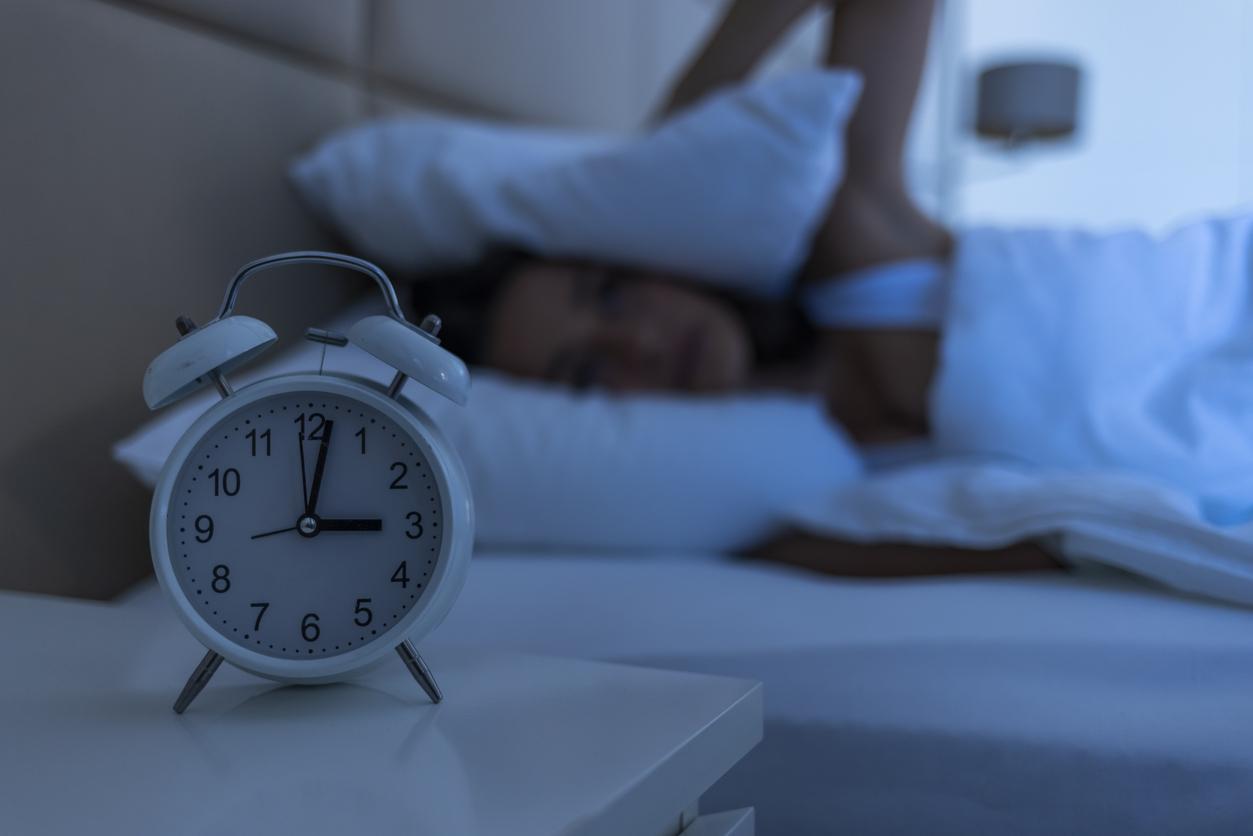Did you sleep well ? Here is a basic expression of life in society which, like “Are you well? has become so commonplace that we almost forget its meaning true ? But, basically, what does “sleep well” mean? And, even more important: how to sleep well at night?
A good quality of sleep is essential to our health and even to our psycho-emotional balance. Because it is during the night that the brain “processes” the information received during the day (emotions, sensations, learning, etc.). It sorts them and then classifies them for possible later use.
So what does “sleep well” mean? And how do you sleep well at night? Sleeping well and having a good night is above all about waking up in good shape. Eh yes ! It is by its impact on the day that follows that we can assess the true quality of a night’s sleep.
How to sleep well with plants?
Repeated discomfort and fatigue therefore tell us, for sure, that we must “do something” to improve sleep. Which made the philosopher Friedrich Nietzsche, a great insomniac if ever there be, say: Sleep, you have to think about it all day long “.
To understand how to sleep well at night, I suggest you discover what happens in your brain and your body when you sleep. A few surprises await you…
1. We all wake up at night
You wake up several times a night, even when you open your eyes feeling like you’ve slept straight through…
It’s because sleep is a repetition of cycles. Each cycle consists of several phases, during which we pass from light sleep to deep sleep, then very deep. Gradually, the brain waves slow down and the body relaxes. Between two cycles, you wake up very briefly (to the point of having no memory of it the next morning) before diving back in for a new ride.
2. The brain works at full speed
At the end of each sleep cycle, your brain experiences very intense activity even as you continue to sleep…
This is called the ” paradoxical sleep “. It is aptly named because during this phase the body is perfectly relaxed as the brain waves accelerate to the point of resembling those of the waking state. Eyes roll under closed eyelids. And above all, it is the phase during which we dream the most. The nocturnal micro-awakenings occur at the end of this phase.

3. There is no standard cycle time
Your sleep pattern is up to you…
Each individual has his own “sleep diary (chronobiologists speak of a “chronotype”). The duration of the cycles can vary, depending on the individual, from 60 to 120 min (90 on average). But it is fixed once and for all and you cannot change it.
Similarly, sleep needs are highly variable from one subject to another. Some lucky people can get away with 4 or 5 hours, while others need 9 or 10 hours to feel fit. It is so, and there is nothing you can do about it.
Once again, the only valid compass is how you feel when you wake up. After a very short night, do you wake up refreshed? It is that this duration is enough for you and that your sleep has been serene. After a long night, do you wake up tired? It’s that you need extra sleep, or that your nighttime scenario didn’t go under optimal conditions.
4. Going to bed early does not go to bed late
It is impossible to transform an early bed into a late bed, or vice versa. This is, once again, a largely genetic “programming”. Life is hard, sometimes, for these people whose sleep rhythm is totally out of step with the social rhythm.
They have to learn to “live with it”, whether they have to set the alarm clock for 7 a.m. each morning when they couldn’t sleep a night before 2 a.m., or have trouble keeping their eyes open after 9 p.m., which prohibits them from going to the movies or having dinner with friends. Fortunately, it is still possible to slightly adjust your sleep rhythm.
5. The nap is a physiological need
Of course, everyone feels this temptation more or less after lunch. For some, it’s just a little “slack” that only lasts a few minutes, while for others, the need for sleep is imperative.
Once again, we must refer to biological rhythms: every day, between 1 p.m. and 3 p.m., our cortisol production drops (remember, it is the neuro-hormone that wakes us up and stimulates us to action) , which leads to a decrease in attention, concentration, physical strength and intellectual acuity. This is true for each of us. What varies is the magnitude of this decline. Among followers of the daily nap, it’s a safe bet that this fall is vertiginous.
Read also:
5 facts you didn’t know about your sleep
Evaluate the quality of your sleep with these 4 criteria
5 precious plants to get back to sleep
How to find the right rhythm of sleep?
What foods improve sleep?






















